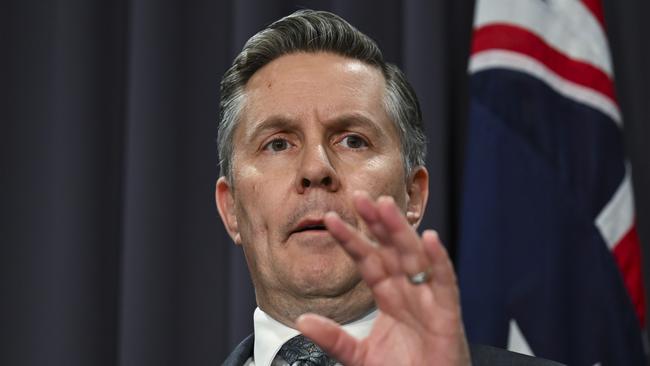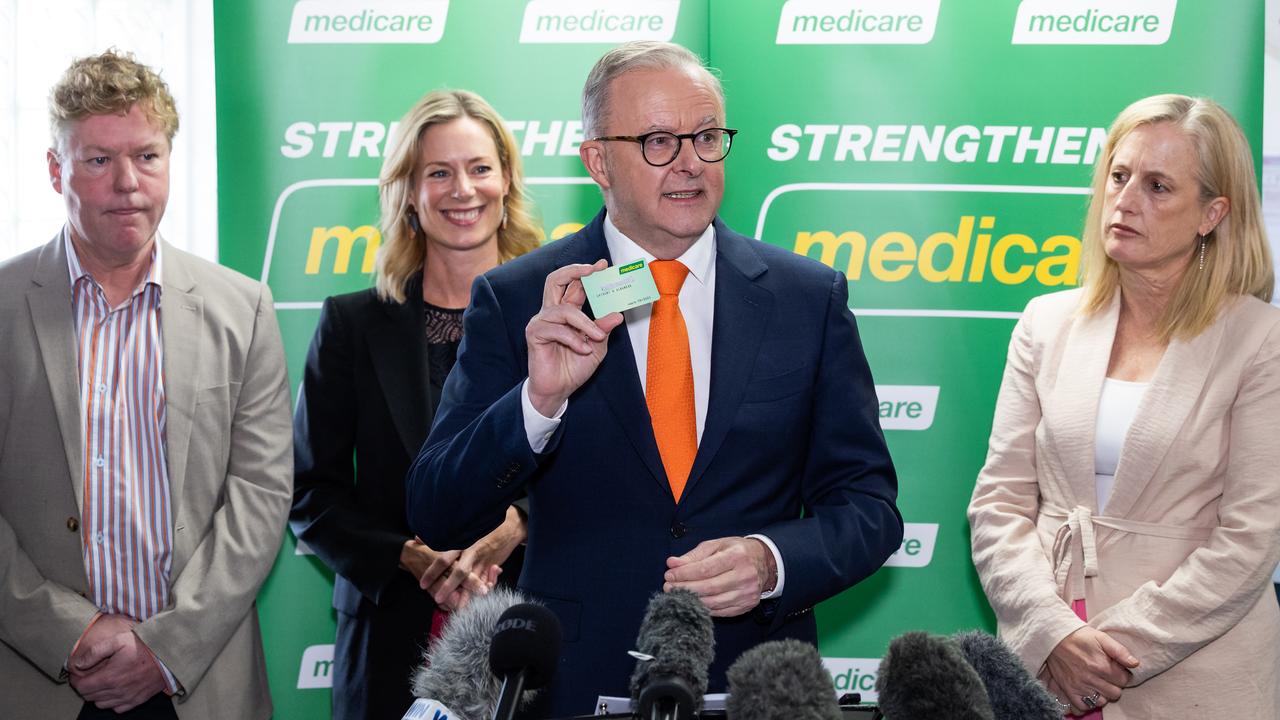Government scrambles after medicines delay outrage
Mark Butler has called in the government’s drug assessor for an emergency meeting after consideration of 45 drugs – some potentially lifesaving – without consultation.

Health Minister Mark Butler has directed the Pharmaceutical Benefits Advisory Committee to hold an unprecedented extra meeting, after the government’s independent drug assessor deferred consideration of 45 new medicines.
The additional May 2025 meeting will judge the full range of deferred submissions, which would have seen at least 120 days of additional delays under the previous decision.
Cancer treatments and chronic-disease medications were among the drugs deferred in the surprise decision, though a full list of affected drugs wasn’t released by the PBAC or the government.
The prior PBAC ruling to hold off on recommendations for 21 “‘minor” and 24 “major” submissions left patient advocate groups and the federal opposition fearing a de facto “cap” on Pharmaceutical Benefits Scheme submission considerations into the future.
“Due to an unprecedented number of submissions, I have directed the PBAC to hold an additional full meeting,” Mr Butler said. “Since being notified of the situation, the Albanese government has increased capacity to ensure all submissions are evaluated and considered by May 2025.
“There is a huge pipeline of new medicines and treatments coming and that is why our government undertook the Health Technology Assessment Review,” Mr Butler added.
Pharmaceutical industry advocate Medicines Australia welcomed the Albanese government decision, having consulted with the Health Department since October 27, five days after the first pharmaceutical companies became aware their drug submissions would be delayed.
“Minister Butler has made the right call today. An additional meeting is required so patients can access the latest innovative medicines as soon as possible,” Medicines Australia chief executive Liz de Somer said.
“It is disappointing patients and industry were put in this situation without effective consultation. Australians already wait on average 466 days from the time a medicine is approved for use by the TGA to when it is made available on the PBS, which is significantly longer than comparable countries. Patients should not have to wait even longer because of a meeting schedule.
“Proper consultation could have circumvented the need to involve the minister and alarm patients who are waiting for access to lifesaving and life-changing medicines.”
Ms de Somer outlined a swath of reforms additional to the HTA review it argued could prevent future delays. It included more frequent meetings, given the PBAC currently convenes three times a year in March, July and November. Also suggested was a review of PBAC evaluators.
The PBAC sources independent evaluators to determine the efficacy and cost effectiveness of drug submissions.







To join the conversation, please log in. Don't have an account? Register
Join the conversation, you are commenting as Logout